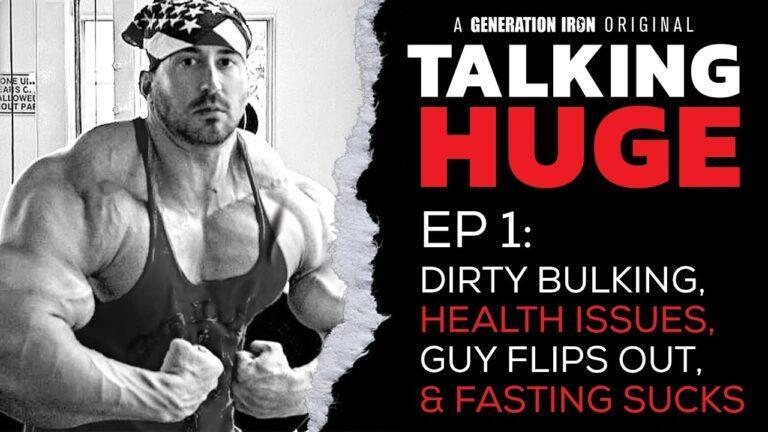Q: I am dating and do not have a long-term partner. I know condoms are good for sexual health, but they seem bad for the planet. What are your thoughts?
A: In the world of sustainability, we regularly stumble across moments when we need to put our environmental efforts aside and focus on what is sustainable for our health.
In your situation, that is what I would recommend. Condoms are a key method to reducing your risk of STIs and when you don’t have a long-term partner, it’s important your sexual health is prioritised.
The internet will try to sell you “sustainable condoms” but use these at your own risk. The “sustainable” condoms I have tried with my husband reduce pleasure dramatically and aren’t that much better for the planet.
They still come wrapped in plastic (to ensure the condom is sterile and contained) and are single-use. They may be made of something slightly different to normal condoms, but they still end up in the rubbish bin.
Sustainable condoms also cost slightly more, too. If I were you, I would spend my time and energy focusing on greater waste reduction opportunities in my life like buying bread from a bakery in my own bread bag, taking reusable containers to get takeaways, and shopping at a package-free store more regularly than the supermarket.
If you do find yourself with a long-term partner in the future, my recommendation would be to switch from condoms to natural family planning.
Natural family planning, also known as fertility awareness, involves tracking multiple biomarkers, including cervical mucus, LH levels, and basal temperature to avoid sex during your fertile window. When taught correctly and practised correctly by both partners, this method can be up to 97 per cent effective compared to condoms, which are 98 per cent effective.
I know it sounds like another language at first, but when you learn the fertility awareness method slowly and thoughtfully, it makes so much sense. It’s a cheap option too. The course may cost a few hundred dollars, but once you’ve finished the lessons and bought a thermometer to check your or your partner’s temperature every morning, there are no ongoing condom costs. Natural Fertility NZ has great resources if you end up in a position to learn this method.
Other options include the copper IUD, another sustainable method for long-term contraception you could consider.
Lastly, if you attempt to try the reusable crystal condom on Amazon (that still gives me nightmares after discovering it during the extensive sustainable contraception research I embarked on years ago), please let me know how legitimate it is.
This content was originally published here.




















